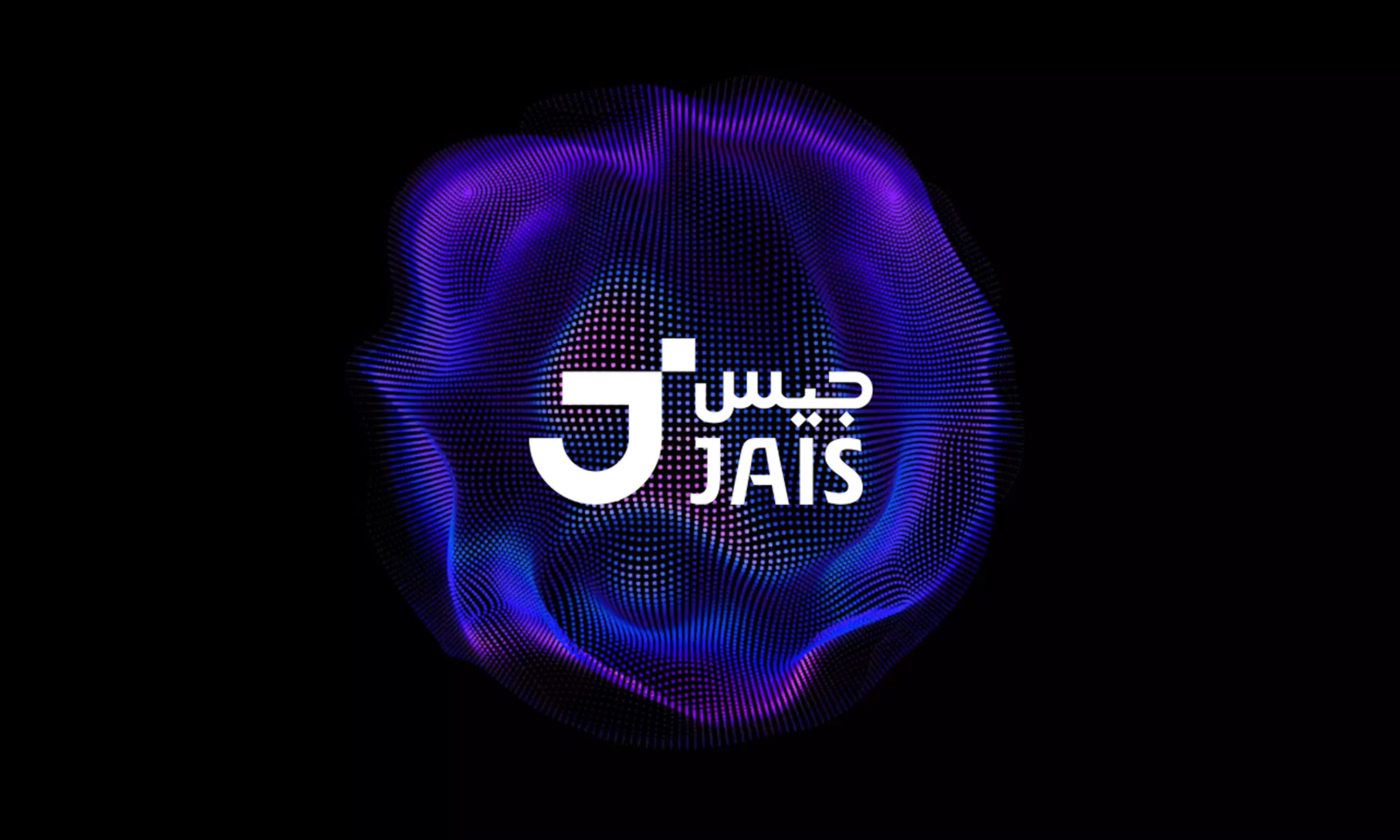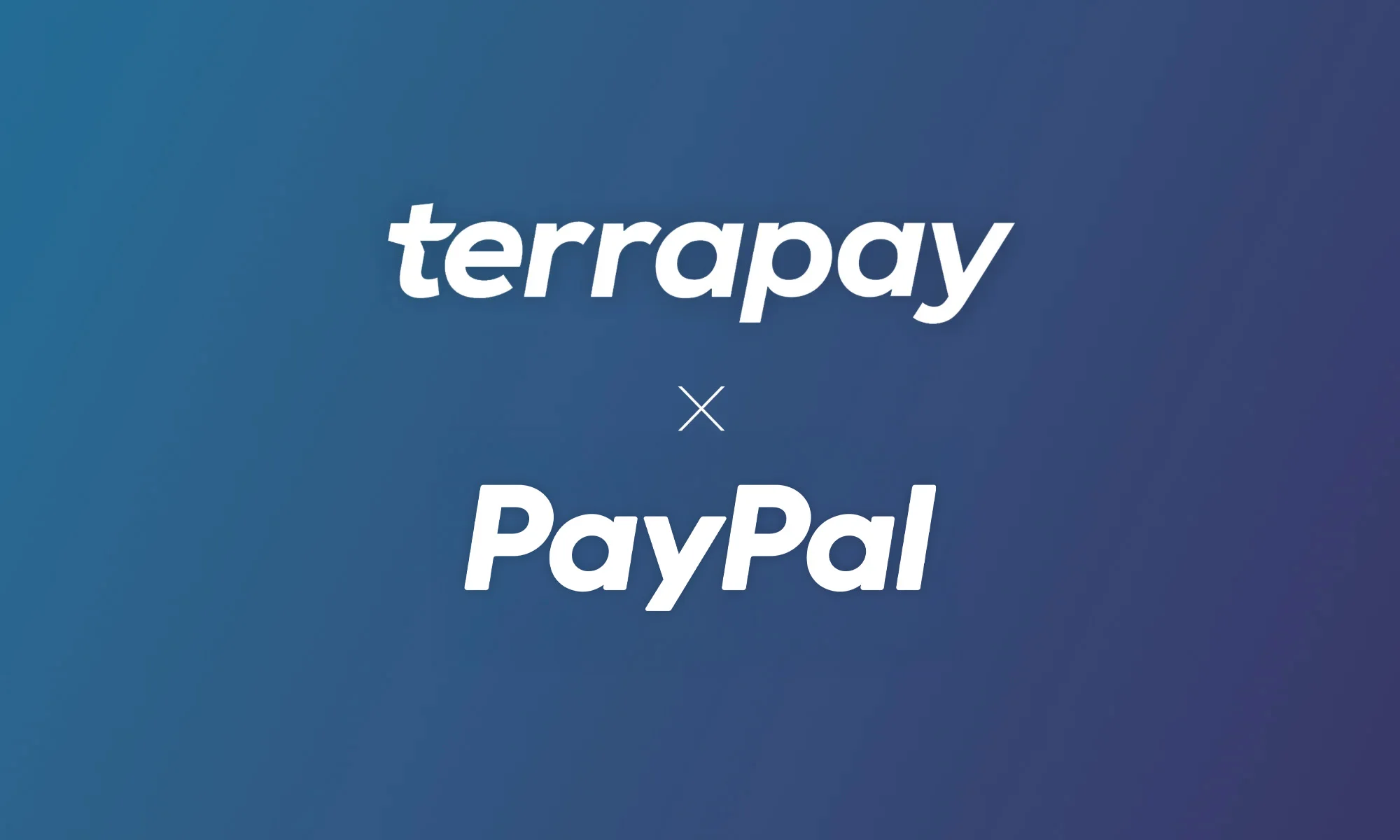News
G42 Company Inception Launches 20+ Arabic AI Language Models
The suite of tools is based on the 70-billion-parameter JAIS 70B large language model with bilingual Arabic and English AI capabilities.

Inception, a company that develops advanced AI models backed by G42, has launched JAIS 70B, a large language model (LLM) specially tailored for Arabic natural language processing (NLP).
The 70-billion parameter model was created to enhance the integration of generative AI across sectors, including content creation, customer service, and data analytics.
The new model offers open-source bilingual AI capabilities in Arabic and English. The technology was developed through rigorous training and fine-tuning of 370 billion tokens, including the largest Arabic dataset ever used in an open-source foundational model, with around 330 billion Arabic tokens.
Along with JAIS 70B, Inception has also announced the launch of 20 AI models ranging from 590 million to 70 billion parameters. The new tools are capable of addressing the needs of small-scale applications as well as complex enterprise solutions.
The AI models have been fine-tuned for chat applications using 1.6 trillion tokens in Arabic and English. Dr. Andrew Jackson, Inception’s CEO, highlighted the company’s passion for preserving Arabic language and heritage while democratizing AI access:
“Releasing JAIS 70B and this new family of models reinforces our commitment to delivering the highest-quality AI foundation model for Arabic-speaking nations,” he noted.
Also Read: Top Free AI Chatbots Available In The Middle East
After launching JAIS-13B and JAIS-13B-chat in August 2023, Inception introduced JAIS-30B and JAIS-30B-chat, with a focus on Arabic-centric models. JAIS 70B and JAIS 70B-chat have both demonstrated superior performance in English and Arabic benchmarks compared to the earlier models.
Neha Sengupta, Principal Applied Scientist at Inception, explained that JAIS variants were trained from scratch and outperformed others that were adapted from existing models. Inception also used Llama2 to enhance efficiency, reduce computational complexity and lessen environmental impact when developing JAIS 70B.
News
PayPal & TerraPay Join Forces For Cross-Border MENA Payments
The collaboration will be especially helpful in regions where traditional banking infrastructure is limited or inconsistent.

PayPal has teamed up with TerraPay to improve cross-border payments across the Middle East and Africa. The move is designed to make it easier and faster for users to send and receive money internationally, especially in regions where traditional banking infrastructure can be limited or inconsistent.
The partnership connects PayPal’s digital payments ecosystem with TerraPay’s global money transfer network. The goal is to streamline real-time transfers between banks, mobile wallets, and financial institutions, significantly improving access for millions of users looking to move money securely and efficiently.
Through the partnership, users will be able to link their PayPal accounts to local banks and mobile wallets using TerraPay’s platform. This means faster transactions and fewer barriers for individuals and businesses across the region.
“The Middle East and Africa are at the forefront of the digital transformation, yet financial barriers still limit growth for many,” said Otto Williams, Senior Vice President, Regional Head and General Manager, Middle East and Africa at PayPal. “At PayPal, we’re committed to changing that […] Together, we’re helping unlock economic opportunity and build a more connected, inclusive financial future”.
For TerraPay, the deal is a chance to scale its reach while reinforcing its mission of frictionless digital transactions.
“Our mission at TerraPay is to create a world where digital transactions are effortless, secure, and accessible to all,” said Ani Sane, Co-Founder and Chief Business Officer at TerraPay. He added that the partnership is a major milestone for enhancing financial access in the Middle East and Africa, helping businesses grow and users move funds with fewer limitations.
Also Read: A Guide To Digital Payment Methods In The Middle East
The integration also aims to support financial inclusion in a region where access to global banking tools is still uneven. With interoperability at the core, TerraPay can bridge the gap between different financial systems — whether that’s a mobile wallet or a traditional bank — making it easier to send money, pay for services, or grow a business across borders.
As the demand for cross-border payment options continues to rise, both PayPal and TerraPay are doubling down on their commitment to provide reliable, secure, and forward-looking financial tools for the region.


























